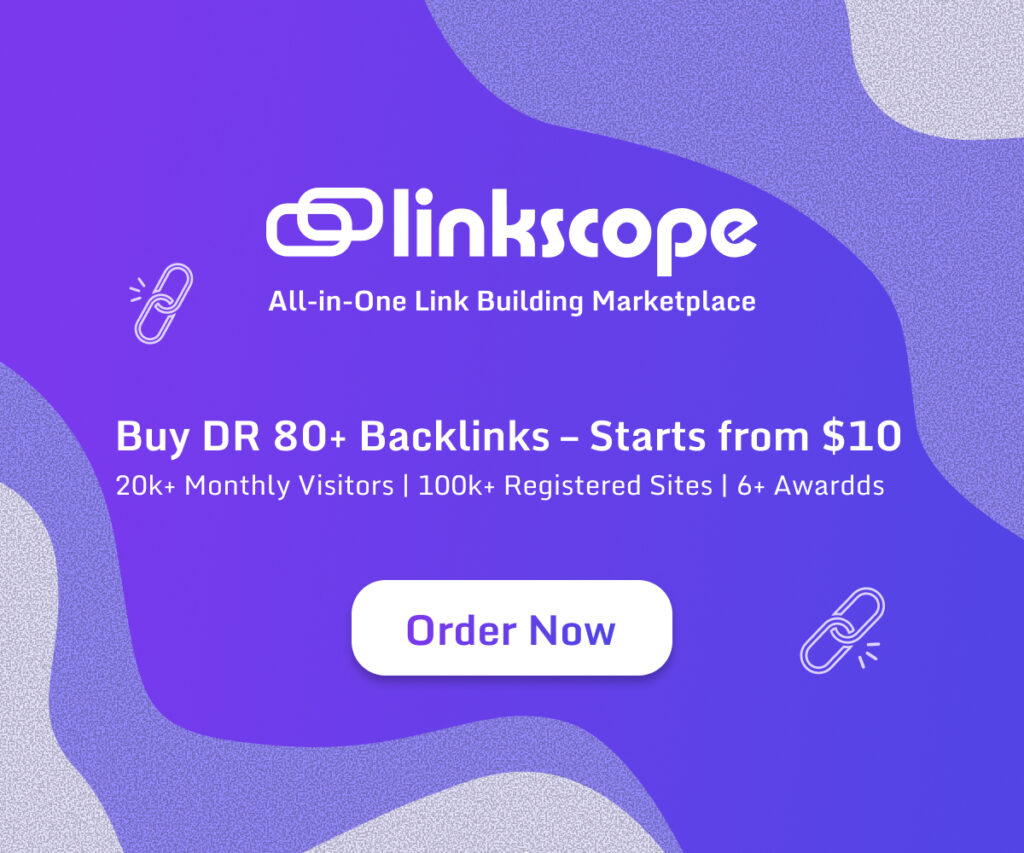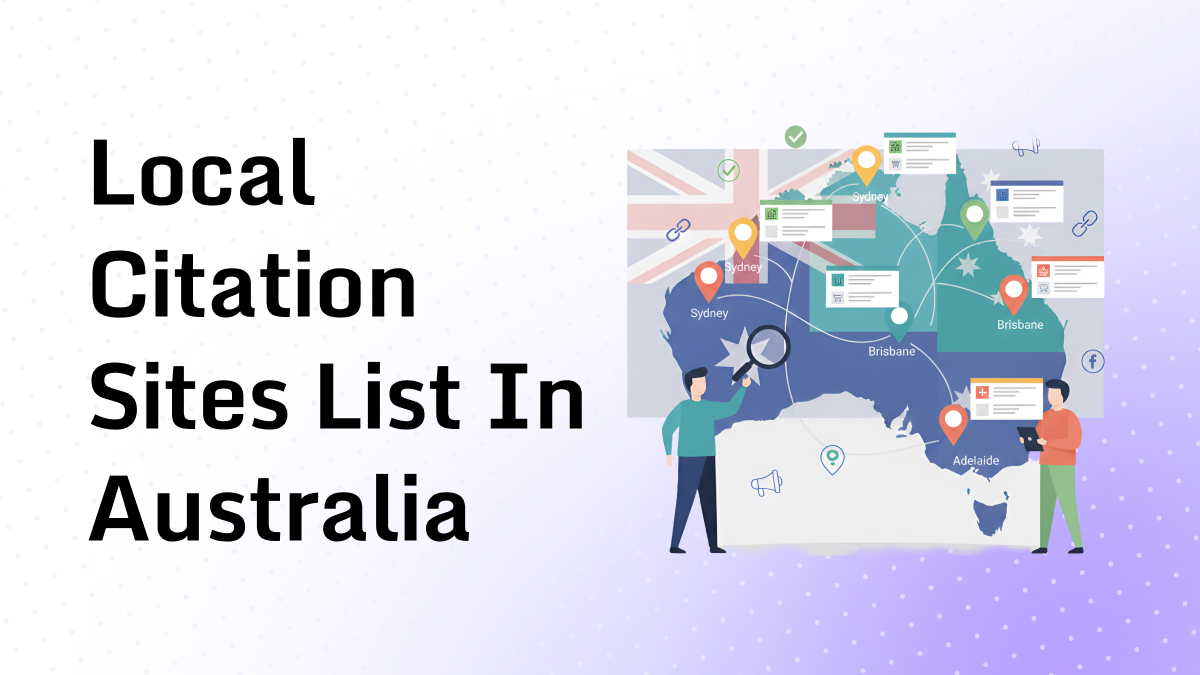Google’s link spam updates have caught many website owners off guard. Bad backlinks can destroy your rankings overnight. But here’s the good news: checking backlink quality isn’t rocket science.
I’ve been building links since 2016 and have worked with companies making millions in revenue. In this guide, I’ll show you exactly how to spot quality backlinks and avoid the toxic ones that can hurt your site.
Let’s dive in.
Why Backlink Quality Matters More Than Ever
Google’s algorithm is smarter than ever. It can easily spot:
- Paid link networks
- Irrelevant backlinks
- Spammy websites
- Low-quality content
One bad backlink can trigger a manual penalty. But one high-quality backlink can boost your rankings significantly.
11 Ways to Check Backlink Quality
1. Check Website Relevance
The Golden Rule: Your backlink should come from a website in your industry or a related field.
Example: If you run an SEO agency, get links from:
- Marketing blogs
- Business websites
- Tech publications
- Digital marketing tools
Red Flag: Getting a backlink from a cooking blog when you sell software makes no sense to Google.
Quick Check: Look at the website’s main topics. Do they relate to your business? If not, skip it.
2. Verify Real Website Traffic
Traffic tells you if Google trusts the website. No traffic = Google doesn’t like it.
How to Check:
- Use Ahrefs Site Explorer
- Enter the website URL
- Look at organic traffic numbers
What to Look For:
- Steady or growing traffic
- Traffic from your target country
- Real organic keywords (not just brand searches)
Warning Signs:
- Zero traffic despite high domain authority
- Traffic only from irrelevant countries
- Sudden traffic spikes (could be fake)
3. Analyze Traffic Value
Traffic value shows how much the website’s traffic would cost in Google Ads.
Red Flag Example: A site with 100k monthly visitors but $0 traffic value is suspicious. This usually means:
- Fake traffic
- Irrelevant keywords
- Poor content quality
Good Sign: Traffic value matches the visitor count. High traffic should equal high value.
4. Review Ranking Keywords
Keywords reveal what the website actually ranks for.
How to Check:
- Go to Ahrefs Site Explorer
- Click on “Organic Keywords”
- Review the top 50 keywords
Good Signs:
- Keywords match the website’s topic
- Mix of branded and non-branded keywords
- Keywords your target audience searches for
Red Flags:
- Random, unrelated keywords
- Only foreign language keywords
- Spammy keywords (like “buy followers”)
5. Check Spam Score
Spam score (from Moz) indicates how spammy a website looks.
My Rule: I avoid websites with spam scores above 5.
Why This Matters:
- High spam scores can hurt your site’s reputation
- Partners might reject collaborations based on spam scores
- It’s an early warning sign of quality issues
How to Check: Use Moz’s Link Explorer or MozBar extension.
6. Count Outbound Links
Websites that exist only to sell links have way more outbound links than inbound links.
How to Check in Ahrefs:
- Go to Site Explorer
- Check “Backlinks” (inbound links)
- Check “Outbound Links”
- Compare the numbers
Red Flag: If outbound links are much higher than inbound links, it’s likely a link farm.
Good Sign: More inbound links than outbound links (normal for quality sites).
7. Verify Traffic Location
Location matters for local businesses and country-specific targeting.
Example: If you’re targeting US customers, get backlinks from websites with US traffic.
How to Check:
- Use Ahrefs Traffic by Country report
- Look for traffic from your target locations
- Avoid sites with traffic only from irrelevant countries
8. Evaluate Content Quality
Google rewards expertise, authority, and trustworthiness (E-A-T).
Quality Indicators:
- Well-written, error-free content
- In-depth articles (not thin content)
- Regular publishing schedule
- Expert authors with credentials
- Updated content
Red Flags:
- Spelling and grammar errors
- Very short articles (under 300 words)
- No author information
- Outdated content (years old)
9. Check Social Media Presence
Real businesses maintain social media accounts.
Good Signs:
- Active profiles on major platforms
- Regular posting
- Real engagement (comments, shares)
- Consistent branding
Red Flags:
- No social media presence
- Fake followers
- No recent activity
- Inconsistent branding
10. Look at Domain Authority (DA) and Page Authority (PA)
These Moz metrics give you a quick quality snapshot.
Good Numbers:
- DA: 20+ (30+ is better)
- PA: 15+ for the specific page
Important Note: DA/PA can be manipulated. Don’t rely on these alone. Use them with other factors.
Alternative: Use Ahrefs’ Domain Rating (DR) and URL Rating (UR).
11. Check IP Address
This helps you spot Private Blog Networks (PBNs).
How to Check:
- Go to Ahrefs Batch Analysis
- Enter multiple website URLs
- Look for websites sharing the same IP address
Red Flag: Multiple websites on the same IP address are likely part of a PBN.
Safe Practice: Each quality website should have its own unique IP.
Quick Quality Checklist
Before accepting any backlink, ask yourself:
✅Is the website relevant to my niche?
✅Does it have real, consistent traffic?
✅Are the ranking keywords relevant?
✅Is the spam score under 5?
✅Does it have more inbound than outbound links?
✅Is the content well-written and updated?
✅Does it have an active social media presence?
✅Are the authority metrics reasonable?
✅Does it have a unique IP address?
If you answer “no” to more than 2 questions, skip that backlink.
The Bottom Line
Quality beats quantity every time. One high-quality backlink from a relevant, authoritative website is worth more than 100 low-quality links.
Don’t rush the process. Take time to evaluate each potential backlink. Your future rankings depend on it.
Need Help Building Quality Backlinks?
Checking backlink quality takes time and expertise. If you want to skip the learning curve and get results faster, LinkScope can help you find and acquire high-quality backlinks that actually move the needle.
Our platform connects you with vetted websites that pass all quality checks, so you can focus on growing your business instead of analyzing metrics.
Ready to build a link profile that Google loves? Start with LinkScope today.
Remember: Link building is a long-term game. Focus on quality, stay consistent, and watch your rankings climb.




